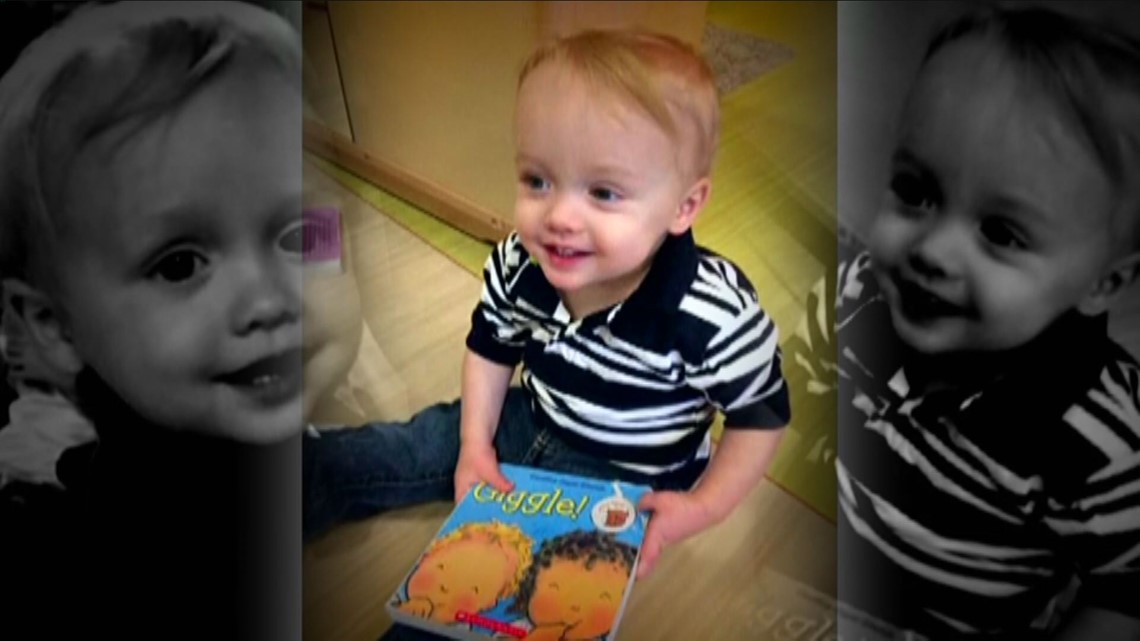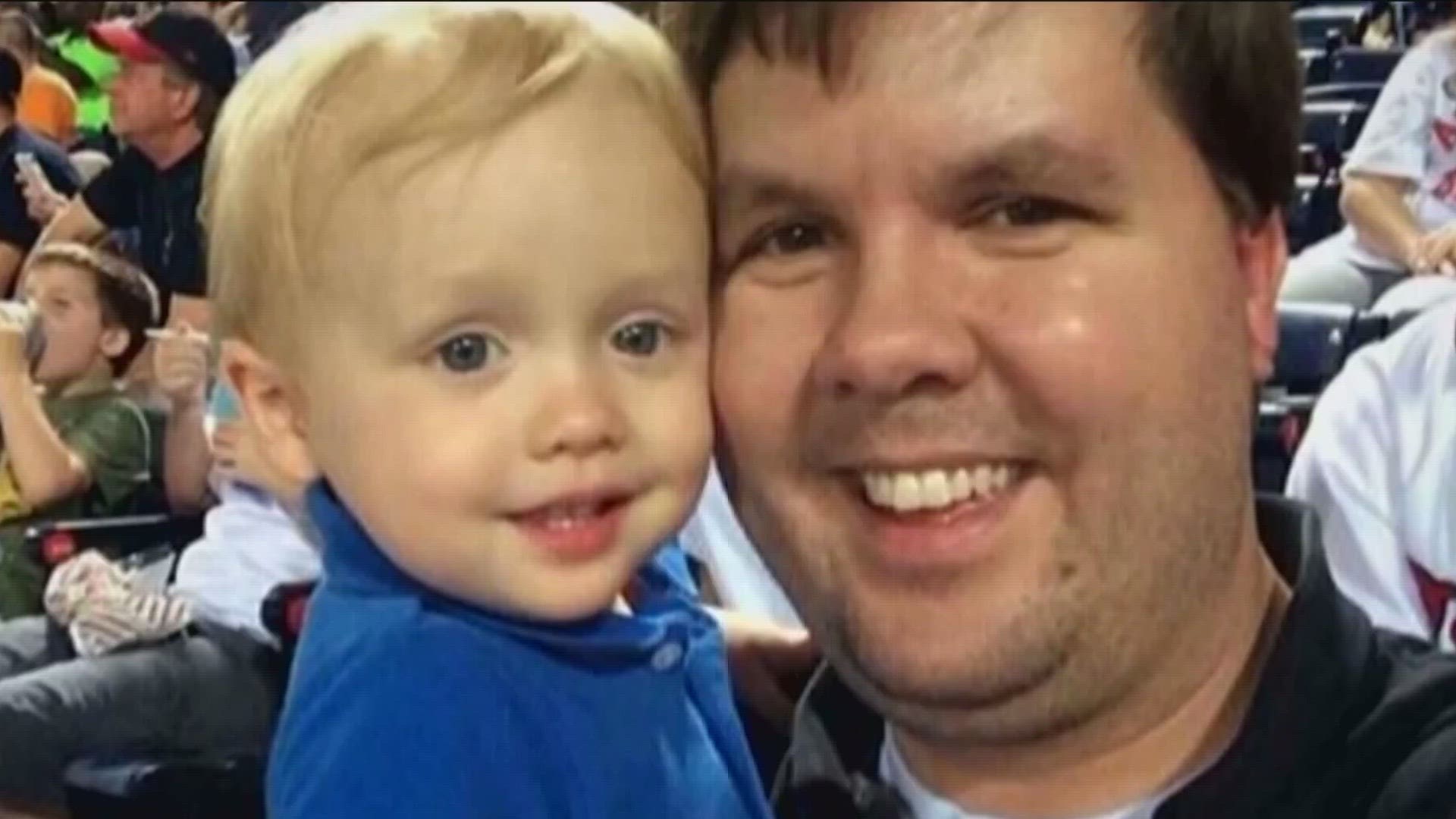COBB COUNTY, Ga. — The lead prosecutor who originally tried the case against Ross Harris in the 2014 death of his young son Cooper said Friday the decision to not re-try the case by the current Cobb County district attorney was "shocking" to him.
The decision was announced Thursday by Cobb DA Flynn D. Broady, Jr. after Harris' murder conviction was reversed last year by the Georgia Supreme Court.
The state Supreme Court's decision to reverse Harris' murder conviction wasn't made because they felt he hadn't committed murder - they said, basically, the case had been improperly tried by the Cobb County District Attorney at the time.
The Court's opinion said the basic fact that Harris was responsible for his son Cooper's death was "undisputed" but said much of the evidence presented in court for the murder case really was only relevant to a separate sex crimes case for which Harris was convicted and remains in prison.
That left open the door for the case to be brought back to a new jury - an option the Cobb DA has declined.
For the former lead prosecutor on the case, the decision is a "disservice."
That attorney, Chuck Boring, issued a statement to media outlets Friday outlining his disagreement with the decision. Reached for comment, the Cobb DA's Office said it would not be responding to the statement.
In the release announcing the decision, the DA's Office said "we disagree with the outcome of the majority opinion" in the Supreme Court decision that reversed the murder conviction, but "we are bound by the majority's decision."
"For the last 11 months, the Cobb County District Attorney’s Office has conducted a thorough review of the entire case file. Crucial motive evidence that was admitted at the first trial in 2016 is no longer available to the State due to the majority decision of the Supreme Court," the DA's Office said. "Therefore, after much thought and deliberation, we have made the difficult decision to not retry Justin Ross Harris on the reversed counts of the indictment."


Boring, who tried the case back in 2016 before a jury in south Georgia's Glynn County, said he had not been contacted before the decision was announced. Boring is now in private practice.
"It is inexcusable and unthinkable that the DA now prosecuting the case did not contact those most familiar with the facts, law, and nuances of this case before making such an important decision," he said in the emailed statement.
His statement sharply disagreed with the rationale offered by the Cobb DA's Office. The attorney argued that the case could clearly be re-tried - and successfully gain a second conviction.
"While Broady seeks to blame the Supreme Court’s split decision to reverse the initial conviction and return the case to be retried on evidentiary grounds, his blame is misplaced (here). District Attorney Broady ignores the unanimous opinion of the Supreme Court was that there was sufficient evidence to convict the Defendant of killing his child," Boring said.
Boring called the decision a "disservice" to the citizens of Cobb County; to officers, detectives and other law enforcement personnel who "carried the burden of Cooper's death with them for years;" to EMTs and first responders who were involved in trying to save Cooper; and to Cooper himself.
Attorneys for Ross, meanwhile, called Cooper's death "tragic" but "unintentional and therefore not a crime."
"Charging a grieving parent for an unintentional memory failure does nothing to prevent the tragedy from happening to another," a release said, emphasizing that hot car deaths increased following the 2016 trial. "This nine-year experience has led us to agree with the advocates at KidsAndCars.org that charging parents like Ross further perpetuates the very common, but false, belief that only bad parents can have a memory failure resulting in a child forgotten in a car."

